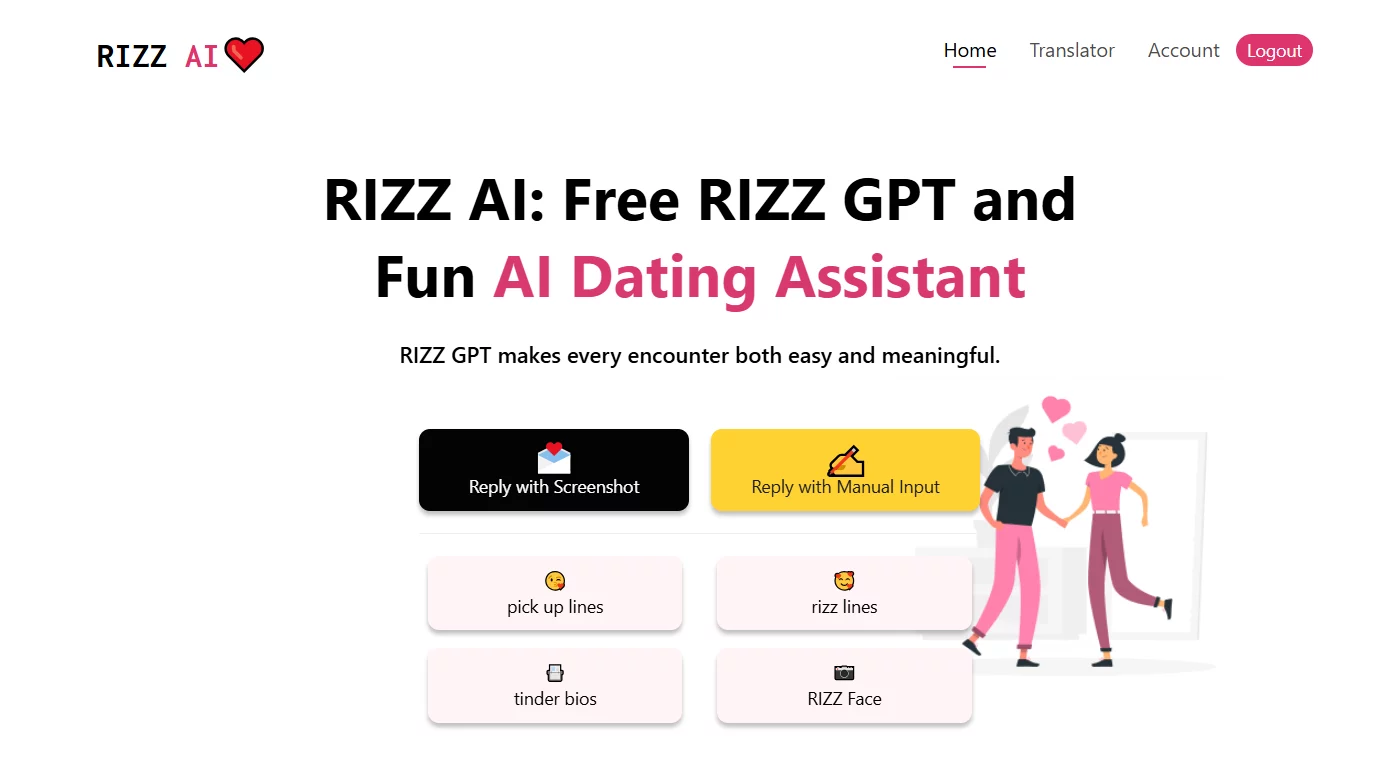OpenAI is making ChatGPT more personalized. The company today unveiled an enhanced memory feature that allows the chatbot to reference past conversations without requiring explicit reminders from users.
Key Highlights:
- Memory now encompasses all previous chats, not just saved facts
- Available to Plus and Pro users outside the UK and EU
- Users can disable memory or opt for temporary chat mode
This update builds on ChatGPT's previous ability to remember specific details, such as your name or preferred tone. Now, the memory includes broader context from prior interactions, making new conversations more coherent and tailored. For instance, when asking for travel advice, it might recall you're a vegetarian; when helping draft emails, it could remember your preferred tone and format.
This subtle yet significant change transforms ChatGPT from a blank slate into an assistant that understands you better. OpenAI stated in a post on X: "New conversations naturally build upon what it already knows about you." Memory references apply not only to text but also to voice and image generation—part of OpenAI's push to make AI more intuitive and human-like.
For those concerned about privacy, OpenAI emphasizes user control over what the AI remembers. The system offers options to avoid referencing past chats or completely disable the memory function through ChatGPT’s settings. Users who previously opted out of memory features will automatically be excluded from this new functionality.
"If you want to modify what ChatGPT knows about you, simply ask in the chat," OpenAI noted in its announcement. Users can also switch to "temporary chat" mode for conversations they don’t want stored or referenced in the future.
This feature is currently rolling out globally to Plus and Pro users—but not in the UK, European Economic Area, Switzerland, Norway, Iceland, and Liechtenstein, where additional regulatory reviews are required. Business and educational tier users will need to wait "a few weeks" for access.
The memory enhancement mirrors a similar feature introduced by Google for its Gemini AI in February. Both companies are striving to evolve their AI assistants beyond mere search engines into personal aids that understand user context over time.
The release comes amid intensifying competition among AI firms to create more helpful and personalized assistants. By enabling ChatGPT to build on previous interactions without explicit prompts, OpenAI is moving its assistant closer to the vision of a persistent digital companion many have imagined since the early days of conversational AI.








